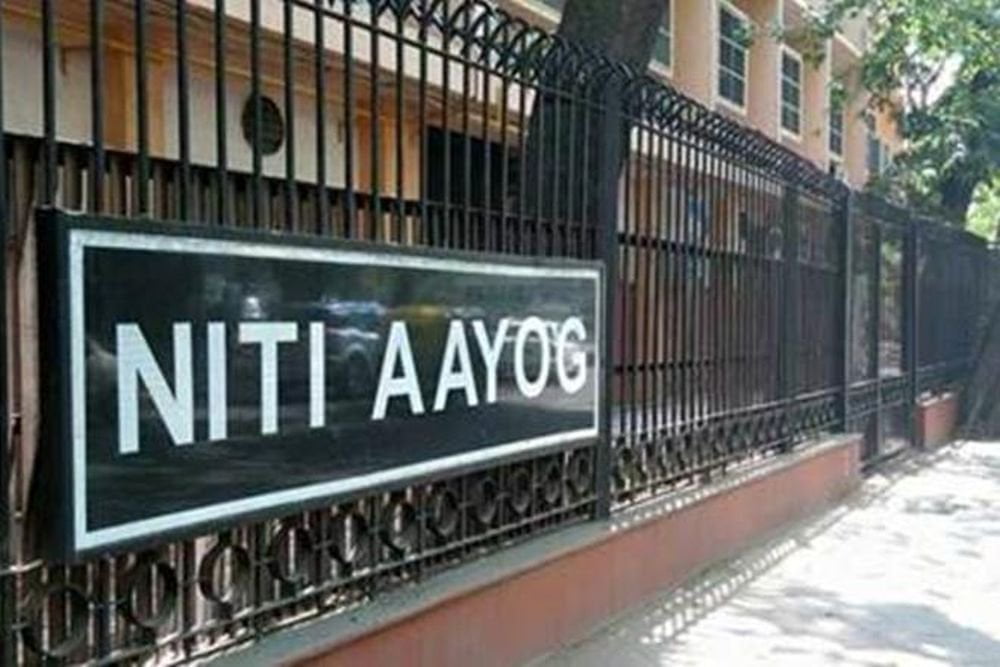Representative bodies of e-sellers of India have raised their demand for the setting up of a regulatory authority to oversee e-commerce marketplaces activities and monitor their policies towards merchants yet again. No substantial progress has been made on their suggestions even after two years of voicing their demand to the E-commerce Committee formed under NITI Aayog in 2016, they claim.

One of the representative bodies, the All India Online Vendors Association (AIOVA), said in a media statement,
“We have been demanding a regulatory body to monitor the trade of e-commerce marketplaces and their policies towards sellers. We had made this demand to the E-commerce Committee formed under NITI Aayog in the year 2016 where we were assured they will immediately start working on it.”
The AIOVA and other traders’ bodies, including the Confederation of All India Traders (CAIT) and RSS-affiliate Swadeshi Jagran Manch (SJM), have been reiterating their dissent over the $16 Bn offering by Walmart to acquire a 77% stake in homegrown marketplace Flipkart.

India’s online traders’ bodies opine that this deal could promote predatory pricing in the absence of an e-commerce policy in the country.
“This (Walmart-Flipkart) deal should not be allowed since it will encourage more loss funding and predatory pricing in e-commerce,”
the CAIT official had reportedly said.
The AIOVA, which represents over 3,500 sellers on India’s top e-commerce firms, claimed to be clueless about the ongoing negotiations between Walmart and Flipkart, and its possible impact on their business.
“The working of the think-tank (NITI Aayog) is questionable as it has kept sellers and our association out of the discussion and neither is it including our demands as part of their agenda. Our dissent was duly expressed to them,”
it said.
Currently, India’s FDI Policy allows 100% FDI under the automatic route in the marketplace model of e-commerce but does not permit FDI in the inventory-based model. As per the policy, an e-commerce entity providing a marketplace will not exercise ownership over the inventory.
The e-seller body claims that this has resulted in injustice for thousands of e-sellers that it represents and urges the government to investigate about the allegedly blatant violations of FDI Policy of the country by certain ‘pseudo marketplaces’.
The sellers suspect that Walmart, which is known for its discounts, might push them to provide more discounts. One of the members of the AIOVA tweeted: “Day of shame for both the giants, taking home big money, and giving sellers nothing, debited our INR 1 Mn by Flipkart today and didn’t even give a chance to justify.”
Day of Shame for Both the Giants, Taking Home Big Money, and Giving Sellers Nothing, Debited Our 10 lcs by Flipkart today and Dint even Give a Chance to Justify @PMOIndia @WalmartNewsroom @Walmart @ @Flipkart @FlipkartStories @WorkAtFlipkart @FlipkartSellers @AIOVA3
— Rahul Khullar (@rkhullar89) May 11, 2018
The Walmart-Flipkart deal has started a series of discussions on the further impact of foreign retailers operating on a massive scale in the Indian market. A few days before the deal, the SJM also showed its concern about the possible impact of the Walmart acquisition of Flipkart on small retailers and SMEs.

Earlier this year, NITI Aayog set up an e-commerce think tank in the light of doubts raised on the world stage over India’s stance on cross-border digital trade.
With a deal size involving $16 Bn and parties like Walmart and Flipkart, the initial concerns of the e-commerce representative bodies and e-sellers cannot be declined outrightly. It is for time to tell if AIOVA and other trade bodies will be able to get a solution to their issues.
ALSO READ: Walmart Might Take Over 85% Stake In Flipkart By Putting In $ 3 Billion More









